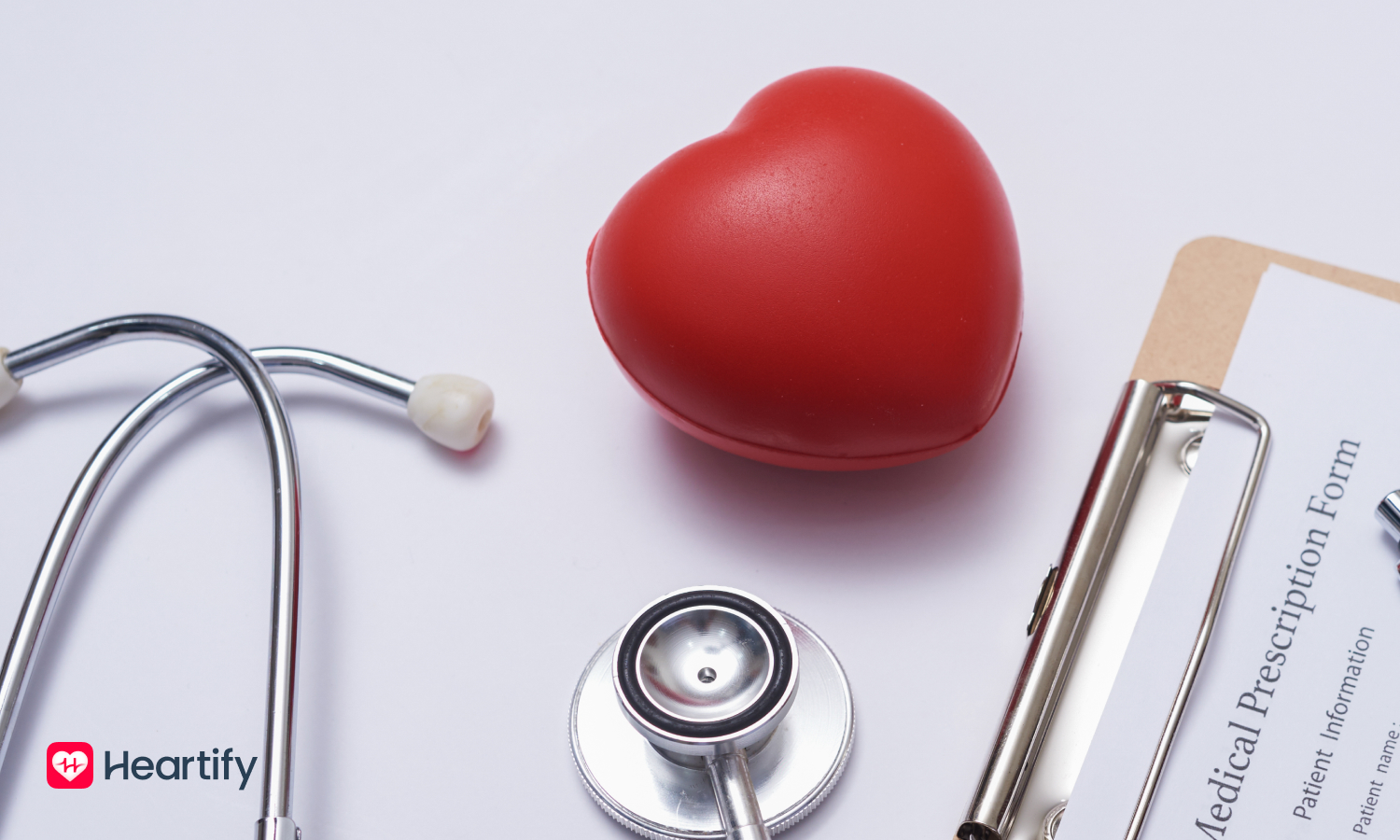When should you start worrying about your heart health? Regular heart health screenings should begin as soon as possible, with most tests being performed every 2 to 4 years. Here's why.
The Facts on Heart Disease in America
Heart disease is the leading cause of death for both men and women in the United States—and according to the American Heart Association, one in three Americans will develop some form of heart disease in their lifetime. The good news is that heart disease is preventable and treatable in most cases. A big part of prevention and treatment is staying on top of your heart health with regular check-ups.
Why Screenings Should Begin at 20 Years Old
In the past, doctors typically recommended that women begin screenings for heart disease at age 35 and men at age 40. However, recent studies have shown that significant numbers of Americans already have risk factors for heart disease by these ages. A survey from Orlando Health found that 71 percent of women ages 25-34 have one or more risk factors for heart disease—including high blood pressure, high cholesterol, obesity, and diabetes. Another study shows that only 8 percent of women know the age at which these tests should start, with most believing a full 10 years later than when doctors recommend. The American Heart Association (AHA) recommends to take some heart health screening tests should begin as early as age 20.
What Screenings You Should Get and How Often
Various tests are used to screen for heart disease, including blood tests, electrocardiograms (EKGs), stress tests, and ultrasounds. The specific tests you'll need will depend on your risk factors (like family history or lifestyle choices), but in general, here's when various screenings should take place:
- Blood pressure check: Every 2 years beginning at 18 years old.
- Cholesterol check: Every 5 years beginning at 20 years old.
- Diabetes screening: Every 3 years beginning at 45 years old.
- Smoking cessation counseling: As needed.
- Weight/BMI check: Every 2 years beginning at 20 years old.
Your doctor will likely recommend one or more of the following tests based on your age, family history, and other risk factors:
Electrocardiography (EKG).
An EKG is a quick and simple test that measures the electrical activity of your heart. This test can diagnose arrhythmias (irregular heartbeat) or myocardial infarction (heart attack).
Exercise cardiac stress test.
Also known as an exercise stress test or treadmill test, it helps evaluate how well your heart pumps blood when working hard. The test can help diagnose coronary artery disease (CAD). You'll exercise on a treadmill while hooked up to an EKG machine.
Nuclear stress test.
A nuclear stress test is similar to an exercise stress test but uses radioactive dye and special cameras to take pictures of your heart while exercising. This test can be used to diagnose CAD or assess the risk of CAD.
Coronary CT angiography (CTA).
A CTA is a non-invasive test that uses x-rays and computer technology to create 3D images of your coronary arteries. This test can be used to diagnose CAD or assess the risk of CAD.
Coronary catheter angiography.
Also called cardiac catheterization, this procedure involves threading a long, thin tube through arteries in your neck, chest, or arm into your heart. Once the tube is in place, dye is injected through the tube so that x-rays can be taken of your coronary arteries. This procedure can be used to diagnose CAD or assess the severity of CAD.
Heart disease is a severe condition, but it's also preventable and treatable for the most part. Your 20s are a time of change — but that doesn't mean your health has to take a backseat. Regular heart health screenings should begin at 20 years old, with most tests being performed every 2 to 4 years. These measures can often clue both patient and physician into potential heart problems before serious health complications occur. So don't wait — schedule an appointment with your doctor today!
*If you have questions about these tests or procedures, don't hesitate to ask your doctor.
Respectfully yours,
Heartify







